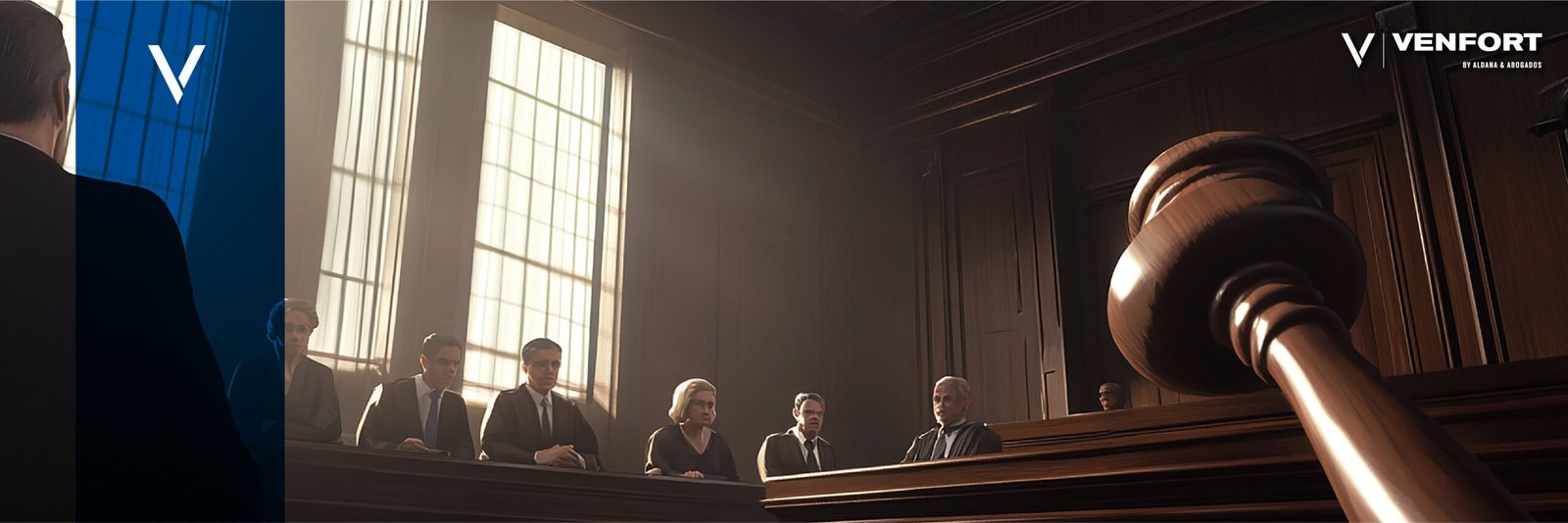The International Criminal Court (ICC) stands as a pillar of international justice, facing the challenge of ensuring fair and transparent proceedings. However, the evaluation of evidence in this court presents significant challenges for both the prosecution and the defense, given the inherent complexity of the cases and the strict procedural rules applicable.
Minimum Requirements for Admissibility of Evidence
Article 69 of the Rome Statute and the Rules of Procedure and Evidence establish that all evidence must be relevant and have sufficient probative value to be admitted. In addition, the Court must ensure that evidence is obtained in a manner that is lawful and respectful of human rights, including avoiding methods involving coercion or abuse of authority.
The evidence submitted must meet the following criteria:
- Authenticity: The evidence must be genuine and verifiable, with no evidence of tampering.
- Relevance: It must be directly related to the facts of the case.
- Admissibility: Their collection and presentation must respect due process, avoiding violations such as torture or arbitrary detention.
The Judge's Role in the Evaluation of Evidence
The judge at the ICC faces the task of assessing the evidence objectively, ensuring that it meets the established standards. This implies:
- Examine the chain of custody to verify that the evidence has not been altered or tampered with since it was obtained.
- Evaluate the legitimacy of the collection processespecially in conflict contexts where sources may be questionable.
- Weighting the credibility of witnessesThe company's mission is to provide a comprehensive and comprehensive service to its clients, given that in many cases they are survivors of serious atrocities and may be subjected to external pressures.
Challenges for the Prosecution and Advantages for the Defense
The prosecution faces multiple obstacles in the presentation of evidence, which the defense can strategically exploit:
- Committed Chain of Custody: In conflict zones, ensuring the continuity of the chain of custody is a challenge, especially if evidence has passed through the hands of third parties. This offers the defense the opportunity to challenge its authenticity.
- Legitimacy of the Origin of the Evidence: Evidence obtained by coercive methods, or by actors who do not respect international standards, may be disregarded by the Court.
- Complexity in the Collection of Physical Evidence: In war contexts, it is common for the prosecution to rely on audiovisual records or testimonies that are difficult to verify, allowing the defense to question their probative value.
Defense Strategies for Challenging Evidence
An effective defense can use the following strategies:
- Chain of Custody Audit: Identify gaps or irregularities in the handling of evidence.
- Questioning the Credibility of Witnesses: Verify possible conflicts of interest or external pressures.
- Challenging Legality in Obtaining Evidence: Highlight human rights violations in the collection process.
Conclusion
The assessment of evidence at the ICC is a complex process that requires a rigorous and balanced analysis. For the defense, each irregularity in the collection or handling of evidence represents a strategic opportunity to protect the rights of the accused and ensure a fair trial.
At VENFORT LawyersWe have extensive experience in representing cases before the ICC, focusing on sound strategies that take advantage of every procedural gap to ensure justice. Contact us today to ensure an effective and professional defense in this international tribunal.













